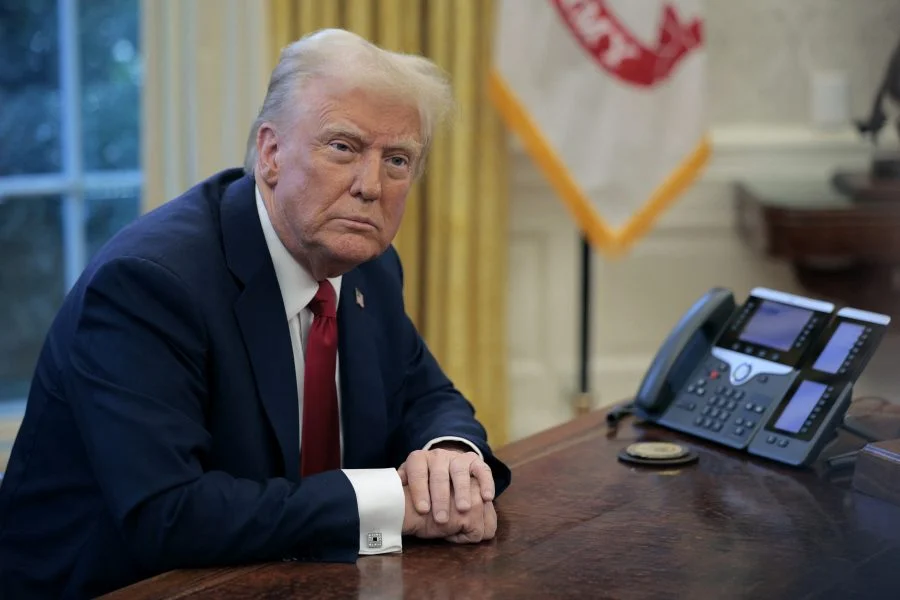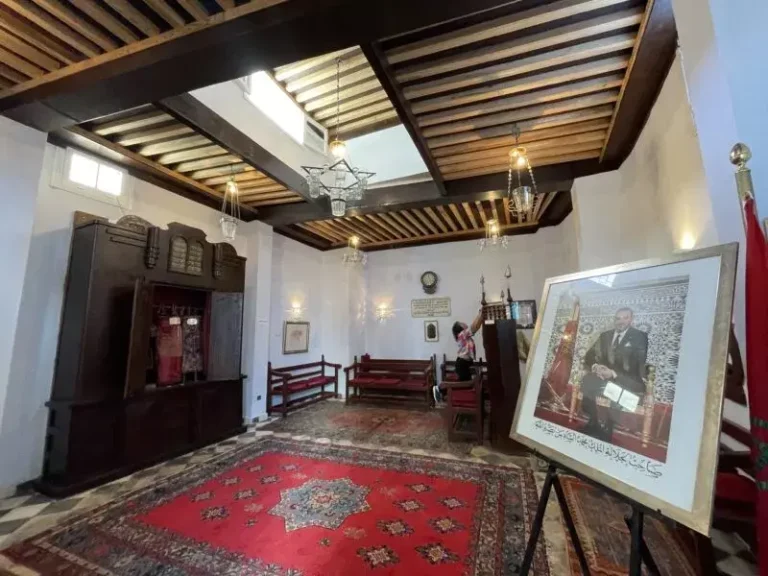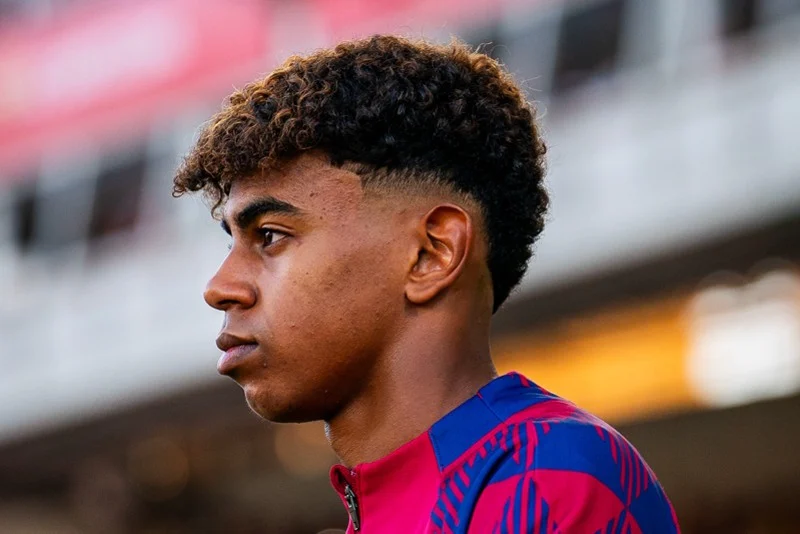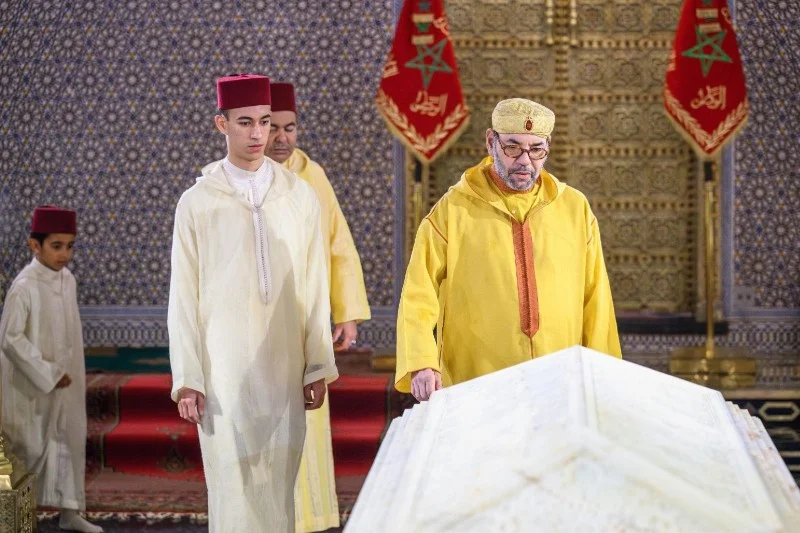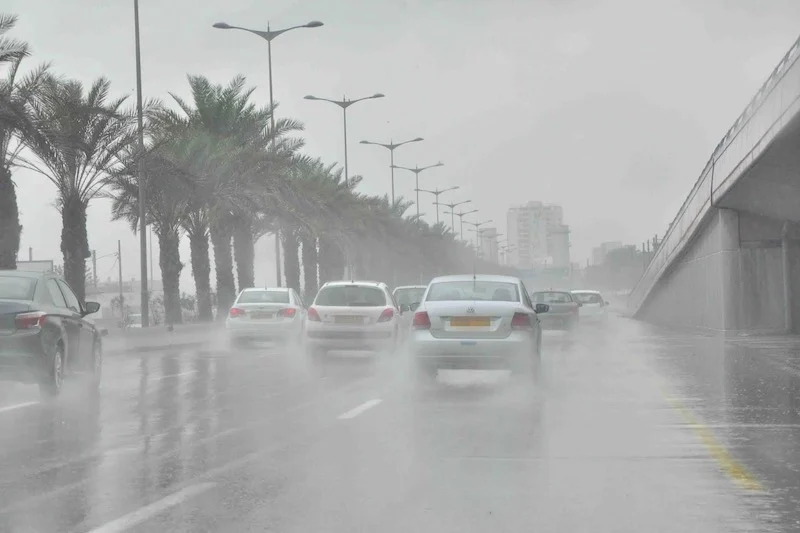The looming threat of a transatlantic trade war cast a shadow over Monday’s European leaders’ summit, where discussions centered on strengthening the continent’s defence in response to an increasingly assertive Russia.
The EU’s 27 leaders gathered in Brussels alongside Britain’s Prime Minister and NATO’s Secretary-General to explore ways to boost European defence spending—one of President Donald Trump’s key demands from America’s allies.
However, the meeting’s tone was shaped by Trump’s escalating trade threats, following his recent imposition of tariffs on Canada, Mexico, and China. European leaders braced for potential tariffs targeting the EU.
“If we are attacked in terms of trade, Europe—as a true power—will have to stand up for itself and react,” French President Emmanuel Macron warned. The European Commission reinforced this stance, vowing to “respond firmly” to any U.S. tariffs, while German Chancellor Olaf Scholz echoed the call for Europe to prepare countermeasures.
Nevertheless, some leaders urged caution. The EU’s foreign policy chief, Kaja Kallas, emphasized the importance of transatlantic ties, stating, “We need America, and America needs us as well. There are no winners in trade wars.” Poland’s Prime Minister Donald Tusk was more direct, calling trade conflicts “totally unnecessary and stupid.”
Beyond trade tensions, Trump has unsettled allies with his controversial proposal to acquire Greenland, an autonomous Danish territory. Denmark’s Prime Minister Mette Frederiksen reiterated in Brussels that the Arctic island was “not for sale.”
Rising Defence Concerns
While economic disputes dominate headlines, European leaders remain deeply concerned about defence, particularly as Trump pushes for NATO members to increase military spending to 5% of GDP—a target many find unrealistic.
Trump’s assertion that he could swiftly end the war in Ukraine has raised fears that Europe could be sidelined in negotiations, potentially forcing Kyiv into an unfavorable settlement with Russia.
Despite these concerns, NATO Secretary-General Mark Rutte sought to downplay divisions, stating, “There are always issues between allies—it is never always tranquil and happy.”
European nations have significantly boosted their defence budgets since Russia’s invasion of Ukraine nearly three years ago. However, EU officials acknowledge that military production is not ramping up fast enough to meet the growing security threats from Moscow.
The European Commission estimates that €500 billion ($510 billion) in defence investment will be needed over the next decade. Disagreements persist over how to finance this effort, with some advocating for large-scale joint EU borrowing—a proposal Germany has resisted amid its own political uncertainty.
France, meanwhile, insists that EU funds should be directed toward European arms manufacturers rather than international suppliers. Some EU states are also pushing for the European Investment Bank (EIB) to lift restrictions on lending to defence firms.
Strengthening UK-EU Security Ties
Amid growing uncertainty over transatlantic relations, European leaders are looking to rebuild ties with the UK. British Prime Minister Keir Starmer became the first UK leader to attend a European Council meeting since Brexit, signaling a shift toward closer cooperation.
Starmer emphasized his commitment to working with EU leaders to weaken Russia’s economy and “crush Putin’s war machine.” He also expressed interest in forging a comprehensive security partnership with the EU, which could bring Britain’s significant military capabilities and defence industry back into closer alignment with Europe.
However, lingering Brexit tensions remain an obstacle. Many EU diplomats stress that progress on UK-EU cooperation depends on resolving disputes over fishing rights and Britain’s stance on a proposed youth mobility scheme.
As Europe grapples with both security and economic challenges, the summit underscored the urgent need for strategic unity—both within the EU and across the Atlantic.
